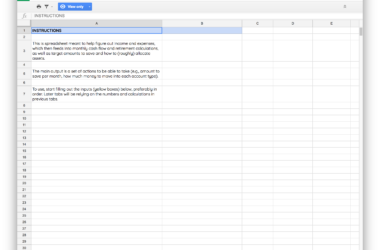I’ve spent an unhealthy amount of time and effort trying out various note-taking apps. In fact, I’ve chronicled some of those migrations on this blog—more as a warning to avoid wasting the effort of jumping from product to product, with minimal gains in actual productivity1. To that point, as of late, I’ve been using the very prettyBear app for jotting down notes.
Yet, I keep coming back to the idea of using a wiki as an organizational tool, and this series of systems of notes doesn’t quite scratch that itch. A couple years back, the app and startup Notion piqued my interest as a wiki with actual reasonable native app support and a pleasant editing interface; they’ve recently expanded their free personal plan with unlimited use2. It was a good excuse to see whether the theoretical personal life wiki has any actual utility.
The problem with document and note systems is that they are designed to be transient data stores. That is, even with folders and tags and favorites and pins, the prevailing mode of interaction is a stream of documents that slowly decays over time. As with email, the organizing principle is time; more recent email threads—or individual notes—surface to the forefront, and older items fade into the background. Most apps have attribute and keyword searches to keep that data from being lost forever, but the mental model is one of sifting through haystacks for a needle of information, the stream of notes/emails too chaotic to organically organize. In somewhat farcical manner, I’ve seen people attempt to save their valuable Google docs by creating another, portal document that just linked out to other important documentation.
Wikis start out from a different model, one that is usually collaborative—multiple editors at the same time—by default. So instead of relying on just search, pretty much all wikis rely on explicit categorization, hierarchies of pages and links between everything, allowing for concurrent editing of different sections by separate editors. Wikis demand structure up front, as a precondition for content; in doing so, they trade off the aforementioned natural timeliness of notes and document systems, and thus have a propensity of getting stale and outdated with misinformation. More than anything, wikis feel like snapshots in time, where there’s a flurry of activity and content followed by longer periods of read-only usage—until the information decouples from reality and the cycle of editing begins anew.
I guess my attachment to wikis and making Notion work goes back to valuing that organization and categorization up front. The enforced hierarchy makes me stop to think about where things fit within an overall topology, which inevitably leads me to think through adjacent categories and where to file other scraps of notes. In a way, how my wiki is structured constitutes as metadata for everything captured in it, and the lack of other collaborators just means that the information is encoded for my future self instead.
I.e., it hasn’t been worth the time.↩
Previously their free plan allowed only 1000 editable blocks, which didn’t go very far.↩




